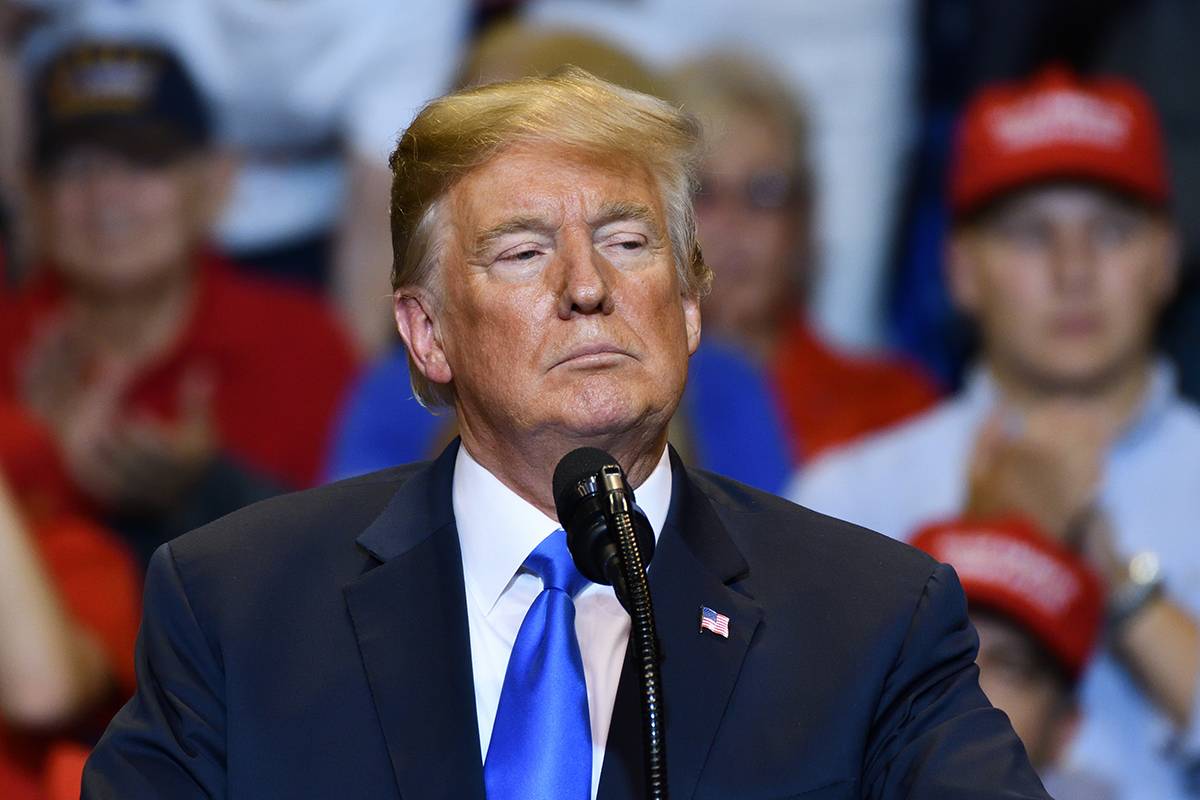Ahead of their scheduled meeting in Florida, US President Donald Trump has made his stance on North Korea quite evident to China’s leader, Xi Jinping.
With his trademark assertiveness, Trump communicated to the Financial Times that China has two choices: assist the US with the North Korea situation or refrain. He warned Beijing that if they opt for the latter, the outcomes would not be favourable for any party involved.
This appears to be Trump’s typical approach: initiating dialogues with a robust stand to assert US dominance over Xi Jinping. Given this vaguely articulated ultimatum, Xi might find himself on the defensive during their Mar-a-Lago rendezvous.
From a certain perspective, Trump’s stance could be considered a shrewd diplomatic maneuver. In such a context, the US leader indicates his preparedness to act single-handedly against North Korea – possibly levying sanctions against Chinese entities believed to be assisting Pyongyang.
This could lead Xi Jinping to determine that China’s primary objective of maintaining border stability is best achieved by taking a firmer stand on North Korea, a move that would surpass any of Beijing’s previous actions against the Pyongyang regime.
Subsequently, regional stakeholders in Northeast Asia might rally against Kim Jong Un’s regime, compelling it to re-enter negotiations.
Yet, the global dynamics might not align this way. North Korea’s issues are not simple enough for a unilateral solution, despite Trump’s aspirations. This renders his bold statements somewhat hollow.
Trump’s stern warning may not be taken seriously by Beijing, mainly due to its questionable credibility and the potentially unsettling effect on the Korean peninsula.
It’s undeniable that resolving the North Korean conundrum demands China’s collaboration. In highlighting this, Trump is on the right track. However, the North Korean situation is only one part of a vast geopolitical puzzle.
Various diplomatic tensions exist between the US and China, spanning issues from Korea to Taiwan and the South China Sea.
China is unlikely to make independent moves regarding Korea without expecting something in return. Unless the US reconsiders its stance on subjects like Taiwan or relinquishes control over certain maritime territories, any significant agreement could upset regional stability.
South Korea, with its impending presidential elections that might see a liberal leader for the first time in a decade, is in a precarious position. Ideally, they’d prefer a US administration more receptive to dialogue with Pyongyang, rather than one that obstructs diplomatic efforts.
Seoul’s concern now is that both Washington and Beijing might bypass it in discussions, which can be destabilizing.
Such uncertainties may embolden North Korea, adept at exploiting gaps between major global players, to conduct its sixth nuclear test.
Regardless of Trump’s remarks, North Korea might proceed with another nuclear test. The prospect of denuclearization vanished long ago. Therefore, confronting Kim’s regime is valid only if there’s a tangible and attainable objective. Once again, Trump’s approach seems to lack both clarity and purpose.
In the ever-evolving geopolitical chess game, clarity of intent and diplomatic finesse are paramount. While President Trump’s assertive stance on North Korea underscores the urgency of the issue, it also highlights the complex dynamics between major global players. As leaders navigate this intricate web of relationships and challenges, it remains crucial to prioritize open communication, clear objectives, and a shared vision for regional stability.







